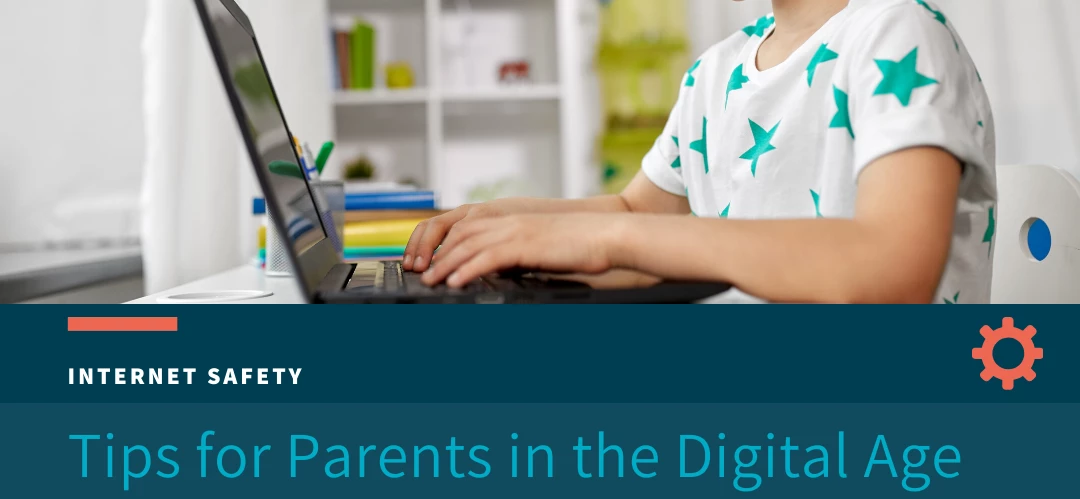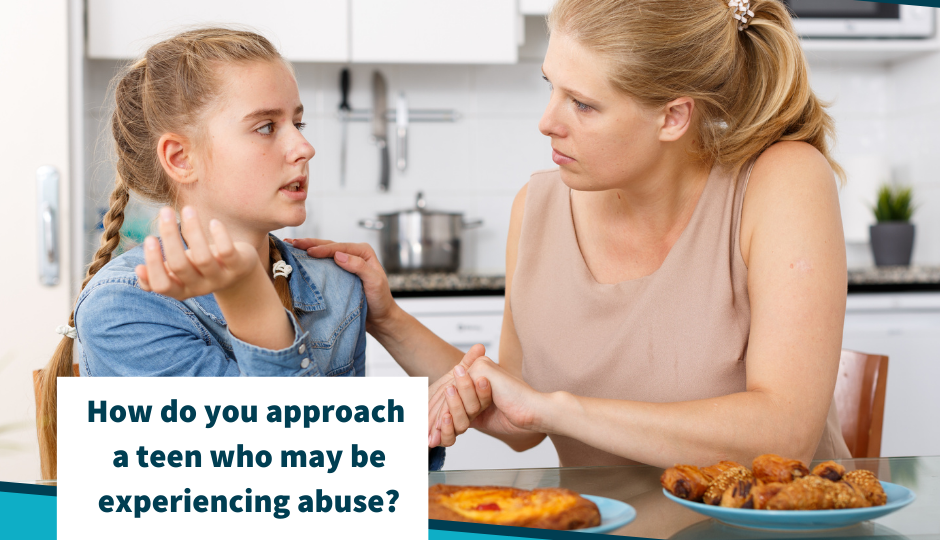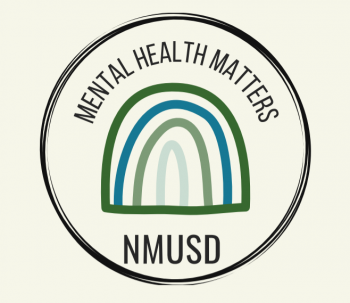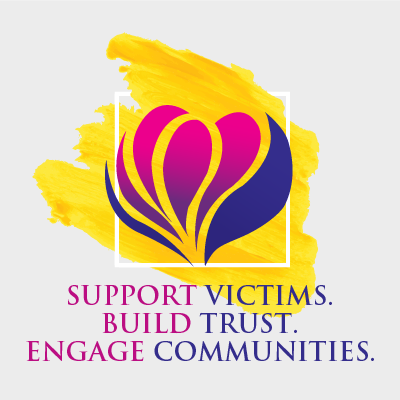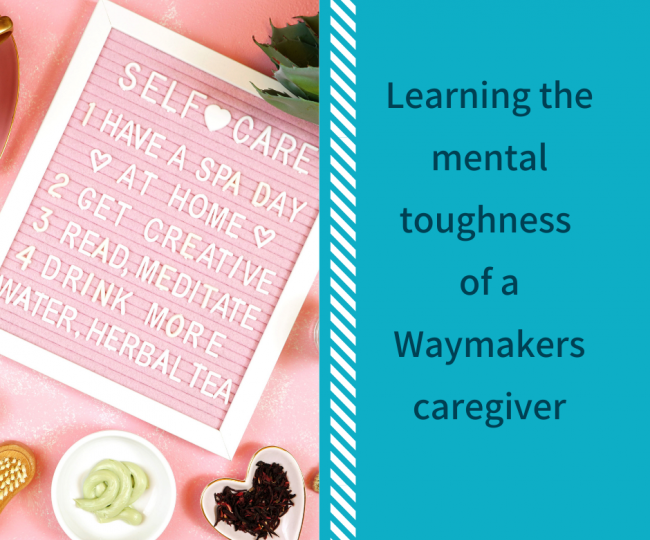Yes, it is a reality—summer break is here. It’s a hard pill to swallow for parents and students alike, as we are all learning how to do things differently. Distance learning had formidable challenges and one of the most impactful adjustments was screen time safety. However, with a little guidance we can make the best of these new and sometimes unfamiliar environments.
As more time at home continues, individuals of all ages are relying on electronic devices to experience much-needed connections with grandparents, friends and other loved ones when in-person connection is not possible.
It’s inevitable for every parent to worry about how many hours they let their children spend on screens. For most parents, screens can be a way of survival during quarantine. Instead of being concerned about how much your kids are exposed to screens, focus on how they are engaging with it and arm yourself with information to ensure your child is safe from predators online.
It may sound drastic, or even frightening to you as a parent, but this is also a reality that has always been around. In Orange County, in the last two years, the Orange County Human Trafficking Task Force helped 415 human trafficking victims, and more than 25 percent of them were minors. These are our children. And with children spending more time online, the dangers are greater than ever.
In one recent online experiment done by Bark, a 37-year-old mother went undercover as an 11-year-old girl, and she quickly exposed the danger facing our kids on social media platforms they often browse like Instagram, Snapchat, TikTok, and Kik. Left unsupervised, within minutes her experiment proved that young children can be exposed to online predators, grooming, unsolicited advances or content and psychological abuse.
During the state’s shelter-in-place when kids are completing schoolwork or social time online especially during summer break, it is vital that parents have healthy, open preventative communication with their kids about online safety. Sound like one more thing to add to your to-do list? Here are a few simple ways to start:
- Experts emphasize how important it is to simply talk to your kids, early and often. When facing a crisis, kids need a soft place to land, so do your best to make your house a safe place, and a place where they can come to you for help and honest communication.
- Go beyond the “don’ts” and “rules” and explain what human trafficking and online predatory behavior is. A candid conversation about what to do if someone asks them to meet or video chat is worth an explanation, and go through the possibilities of where it could lead, if it is age appropriate.
- Check all of the devices—phones, tablets, computers, laptops—for internet safety controls. Many apps have kid-friendly options, like Facebook Messenger Kids or YouTube Kids. Laying some family ground rules is also helpful: don’t give out personal information, never send pictures to strangers, keep passwords private within the family, don’t download anything without permission, and tell an adult if you receive a mean or strange message. Emphasize this is for your child’s health and safety, because you love and care about them so much
Let’s protect our kids with prevention education. If parents are not talking to kids about human trafficking, recruiting and exploitation, it does not mean it will stop kids from finding the answers to those questions somewhere else. The worst-case scenario is to learn about these issues when it’s too late, as a victim.
As COVID-19 brings so many issues to the surface, parents have new opportunities to be in close proximity to the good and the bad that surrounds our youth today. Now more than ever, we have a responsibility to encourage balance, mental health, physical health and guidance for our kids. Remember, you do not have to compete against today’s advanced technology for your kids to feel safe. You may still have something technology does not have yet, and that is your child’s trust in you.
Waymakers’ Sexual Assault Victim Services and Prevention Education Program presents education programs on topics related to sexual violence throughout the county and supports all victims of sexual assault in OC. Waymakers also serves as the administrator of the Orange County Human Trafficking Task Force. If you would like to learn more about these programs, follow us @WaymakersOC and share our safety tips featured on Parenting OC on social media to help other parents during this time.
